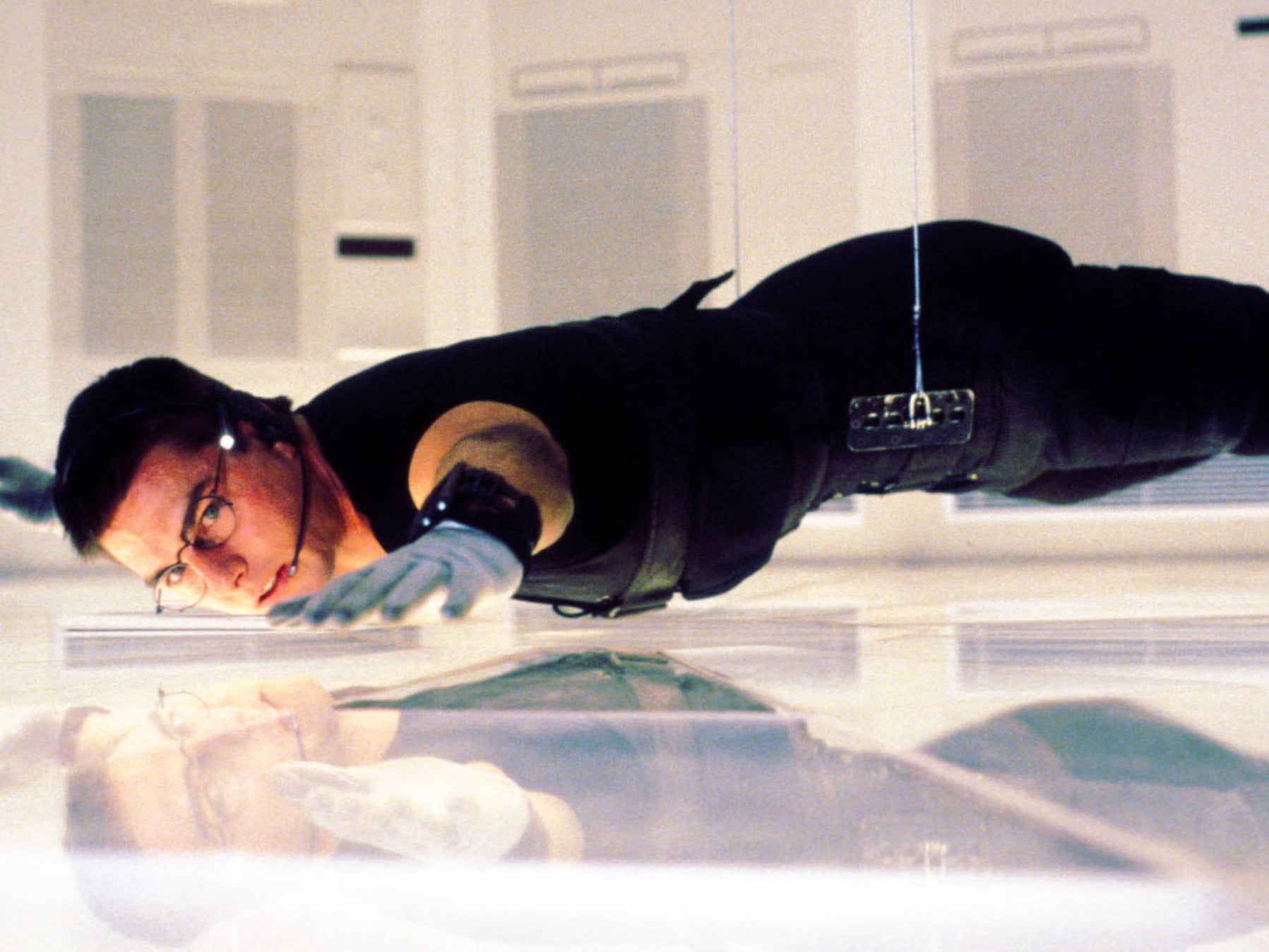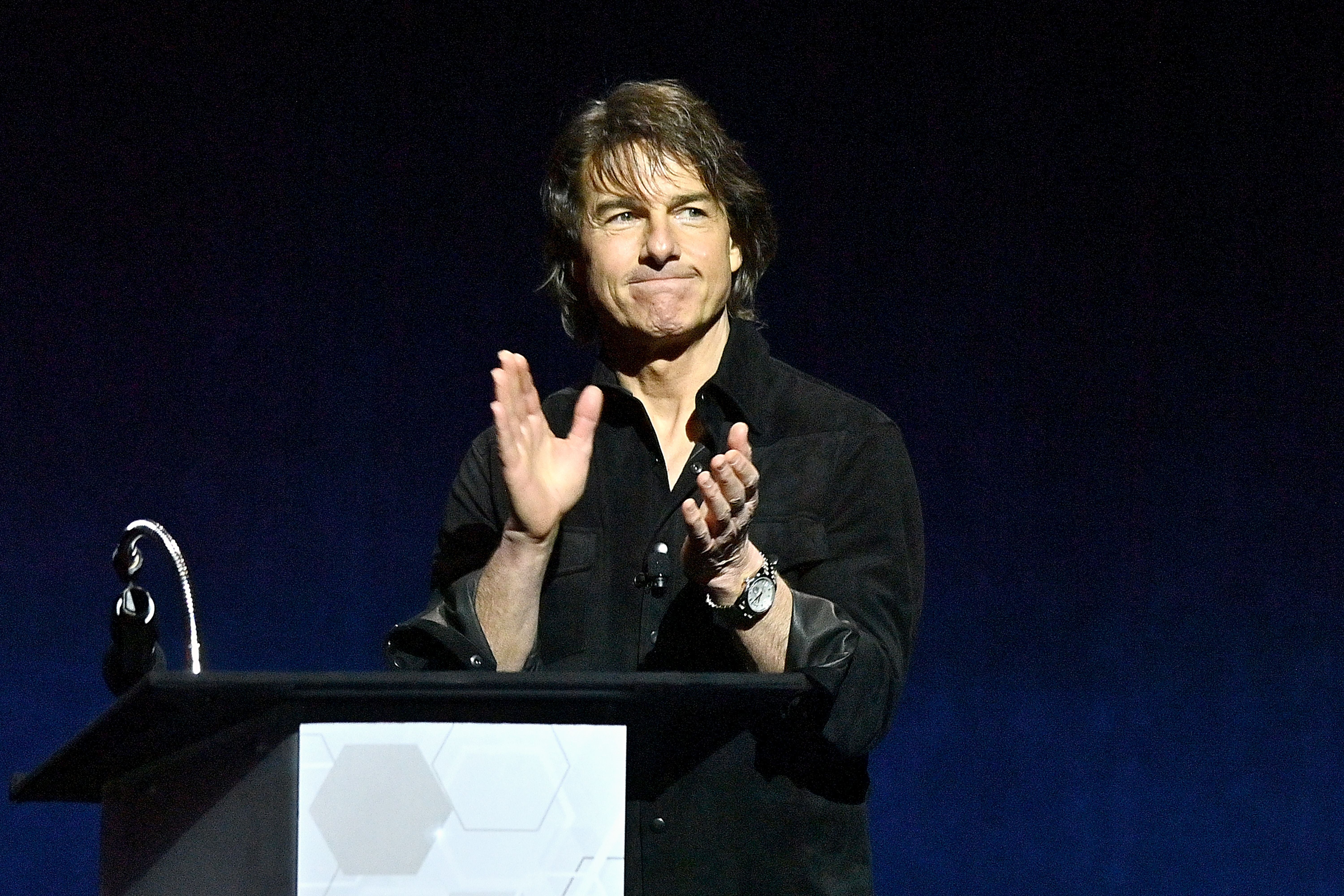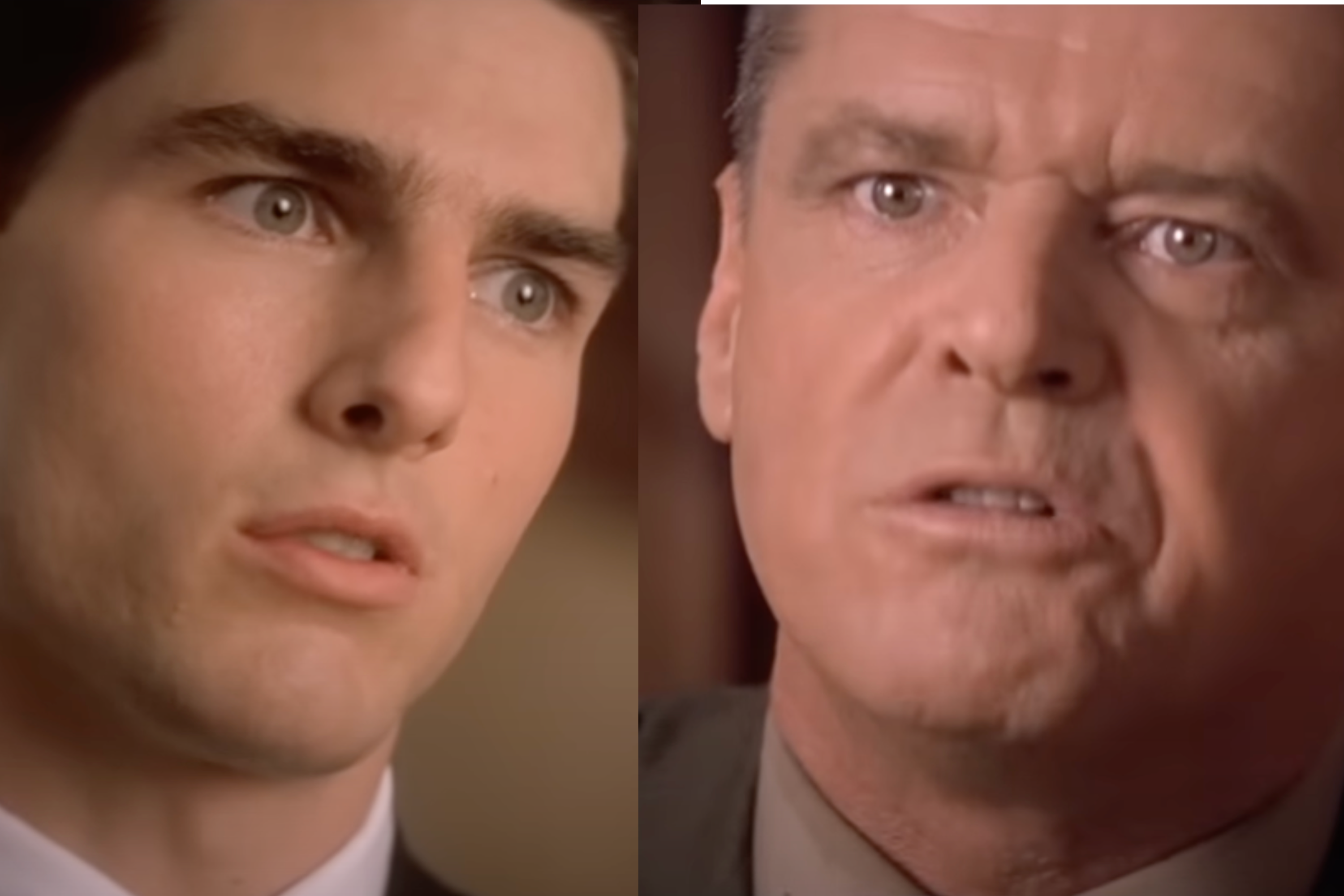Tom Cruise has spoken at length about his long career as an actor, his approach to filmmaking and the many things he has learned from the Hollywood system including stunt safety awareness.
Ahead of the release of the eighth and possibly final edition of the Mission: Impossible series, The Final Reckoning, Cruise took part in a special on-stage conversation at the British Film Institute on Sunday (11 May) ahead of him receiving a BFI Fellowship on Monday (12 May). It is the biggest honour the organisation can bestow upon an individual.
The Mission: Impossible series has in many ways become Cruise’s calling card. The original film, released in 1996, was the first movie Cruise worked on as a producer.
“ I love the theme music,” Cruise joked. “ I thought it’d be interesting to take a Cold War TV series and turn it into an action movie. I wanted action and suspense and lots of motion. I studied silent movies, Fantasia (1940) and musicals. How do you utilise motion?
“ I was constantly working and developing my abilities and developing technology. It was such early days that the harnesses that I was wearing were very new and the cables were very new and we were all experimenting.
“ I remember the scene where I got blown from the helicopter to the train and there were pipes from the camera rig sticking out and I was like: ‘Guys, I might impale my skull’. No one had thought about stuff like that.”

Cruise began the night, which was moderated by Scottish broadcaster Edith Bowman, by explaining that as early as four years old he knew that he wanted to be an actor.
“ I was four years old when I decided I wanted to make movies,” he explained. “I wanted to travel the world and meet people from other countries and cultures. I remember as a kid, I told people what I wanted to do and then it was somehow kind of too much for some people. They’re like: ‘What are you talking about, kid?’
“ So I stopped telling people. Over the years I reflect on what those decisions were and what those dreams were. I wanted to be here for the rest of my life and make movies.”

Watch Apple TV+ free for 7 day
New subscribers only. £8.99/mo. after free trial. Plan auto-renews until cancelled.
Try for free
ADVERTISEMENT. If you sign up to this service we will earn commission. This revenue helps to fund journalism across The Independent.

Watch Apple TV+ free for 7 day
New subscribers only. £8.99/mo. after free trial. Plan auto-renews until cancelled.
Try for free
ADVERTISEMENT. If you sign up to this service we will earn commission. This revenue helps to fund journalism across The Independent.
A frequently discussed topic on the night was education and how Cruise, who didn’t go to film school, taught himself the art of acting and filmmaking. This involved Cruise studying movies and taking a keen interest in actors, directors, cinematographers and even cameras.
The 62-year-old explained that he would “force the studios” to send him around the world so he could learn how films were made in other countries. “At the time, Hollywood was very Hollywood. It was about America, but I was very much about the global,” he said.

“I was able to interview Scorsese, Hoffman, Newman, and Spielberg. And every step of the way, I studied movies and I studied the studio system and distribution,” he added.
Cruise, whose credits include Top Gun (1986), Jerry Maguire (1996) and Minority Report (2002), has worked with many Hollywood legends during his career.
Speaking about working opposite Jack Nicholson on 1992’s A Few Good Men, Cruise described the three-time Oscar winner as “extraordinary”. He also shared a unique detail about the film’s famous court scene.
“I remember the Nicholson scene, where we’re in the court. I remember looking up at the rafters, and it was filled with people. We were making movies in LA at that point, and the rafters were filled with people just coming in to see the scene. The town knew we were shooting, and they would just come to see us go at it.”

Cruise also worked with Dustin Hoffman early in his career on the 1988 drama Rain Man, which earned the latter the Best Actor award at the 1989 Oscars. According to Cruise, he might not have landed the role if it wasn’t for his sister, Cass, and a chance encounter with Hoffman at a restaurant.
“She goes, ‘There’s Dustin Hoffman.’ I looked up and there he was, in a hat – he was doing Death of a Salesman [on Broadway] – and he was ordering takeout,” Cruise said. “She goes, ‘You go over there and say hello to him.’ I was like, ‘I’m not going to say hello.’ She goes, ‘You know him, you know his movies.’ And she doesn’t do stuff like that. And I don’t walk up to people, but she was so pushy.”
After eventually bowing to peer pressure Cruise went over to Hoffman and was surprised that the Graduate star recognised him. Hoffman then offered Cruise and his sister tickets to Death of a Salesman and when he was leaving the restaurant said: “I want to make a movie with you.”
“That would be nice, sir,” Cruise said in response. “And that’s what happened, and basically a year later he sent me the script for Rain Man.”
The first performance that earned Cruise an Oscar nomination was 1989’s Born of the Fourth of July, where he played the real-life Vietnam war veteran Ron Kovic who, after feeling betrayed by his country, became an anti-war and human rights activist.
Cruise described Kovic as a “beautiful man”, adding that “he was born on the fourth of July and I was born on the third of July”. Cruise admitted that he has a “great affinity for the character” and that he is still in contact with Kovic to this day. “Whenever our birthdays come around we send each other flowers. It’s humanity – that’s what interests me.”

Bowman concluded the conversation by asking Cruise if he still has any dreams that he wants to fulfil. “Oh, I have many,” he answered. “Definitely, absolutely, definitely musicals, dramas, action, adventure. It’s endless. My dreams are endless.”
Tom Cruise’s career is being celebrated by the BFI during the entirety of May with a retrospective season featuring 28 of his films.


